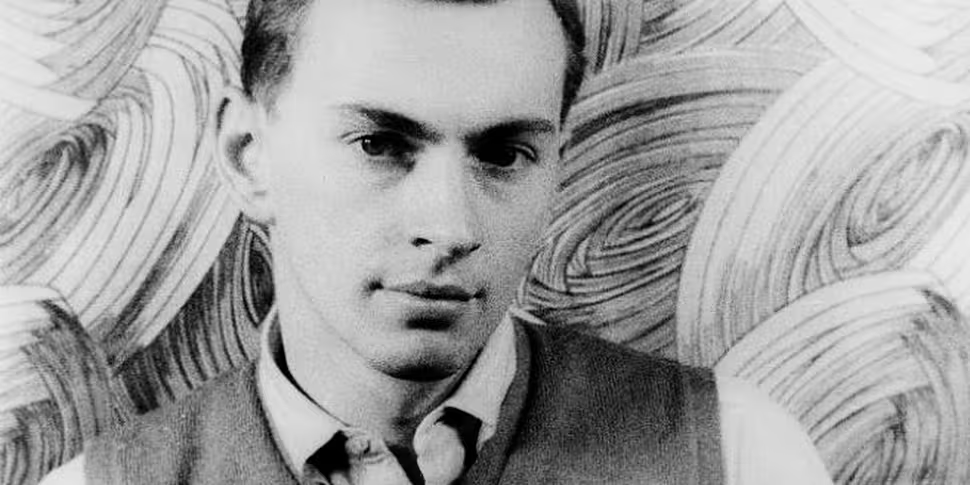The ancient Greeks told a story of a beautiful young man who spurned all others and fell in love with his own reflection. Many people have replicated the myth of Narcissus in their lives, becoming enraptured by their own talent or ability. One of the most famous of these was the author and public intellectual, Gore Vidal.
Though a great writer and essayist Vidal’s greatest legacy and asset was his role as a public intellectual. Possessed by an astonishing belief in his own importance Vidal loudly espoused his views on everything from culture and literature to sexuality and politics. He became immortalised as one of the great liberal American voices in a series of televised debates with William F. Buckley Jr. in 1968.
For a person to achieve this level of recognition and status they need to have a strong belief in themselves and their worth. Jay Parini, Vidal’s longtime friend and biographer, recounted how Vidal’s office was adorned with the framed images of himself on the cover of great magazines. When asked why, Vidal explained: “They’re to remind me every morning as a I come to my desk who I am”.
Yet while this personal cult helped to propel Vidal to the summit of American culture it wasn’t without its costs. As Parini explains “[Vidal was] an angel at times and a monster at other times”.
But should we really expect more from Vidal?
Born into American royalty Vidal was raised in Washington D.C. surrounded by actors, politicians, and leading public personalities. His grandfather, Senator Thomas Gore, instilled his liberal isolationist ideology into the young Vidal, who became convinced his future lay in politics.
His sexuality, though, made this all but impossible.
Vidal rejected the idea that men or women were naturally attracted to one sex or the other, rather being ‘pansexual’. This was fairly radical for America in the 20th century. After running for congress in 1960, Vidal would have to forgo politics for life as a public intellectual.
Vidal was far more suited to this type of life though.
Vidal had established himself as a novelist and screenwriter of note in the ‘50s. In the ‘60s he began his career as an essayist and man of letters in earnest. He quickly earned a reputation for his solid writing style, unadulterated views, and cutting wit.
Freed from the constraints of a political career Vidal was able to pursue a personal and sexual life while still influencing American culture and policies – though to a much lesser degree.
Though his influence waned in his later years Gore Vidal continued to write, both fiction and non-fiction, and influence American culture until his death in 2012.
Susan Cahill, host of Talking Books, spoke with Jay Parini, Gore Vidal’s long time friend and the author of his biography: Every Time a Friend Succeeds Something Inside Me Dies. Listen here as they discuss what sort of a man Gore Vidal was, his impact on American culture, and what it was like being his friend.
This week’s music to read to
The show opens with This Night is For You and For Me by Danny Norbury with Fernando Moresi-Haberman’s Vida Muerte Vida de un Mirlo bringing the first half of the show to a close. The show ends with Zoe Keating’s Optimist.









